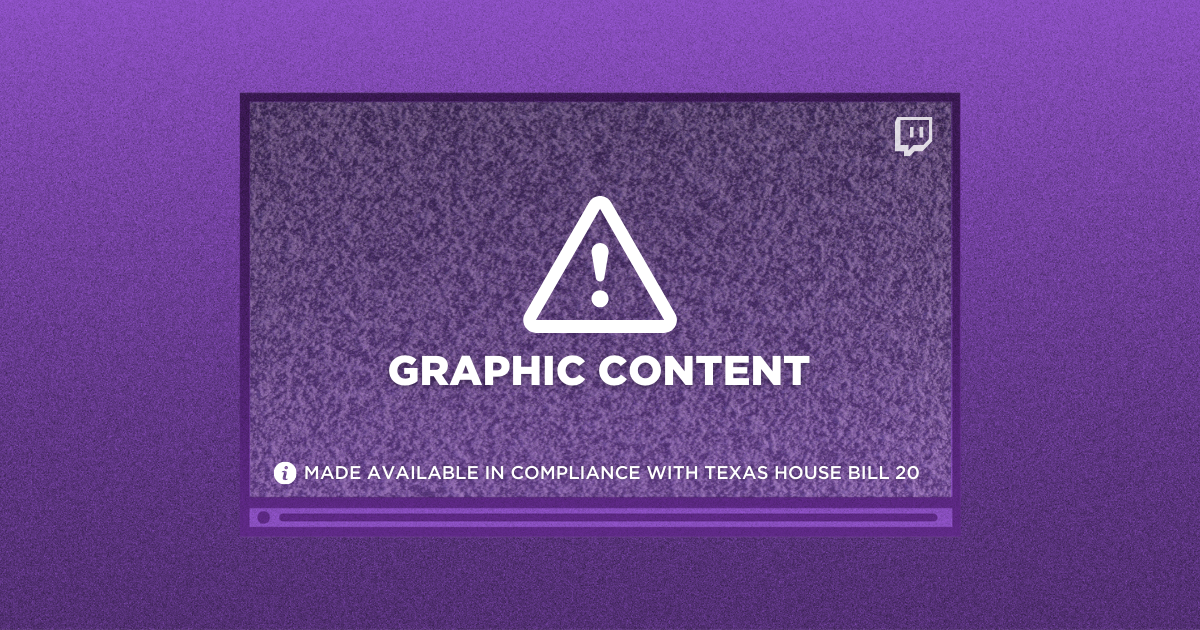In the wake of the recent racially-motivated mass shooting in Buffalo as well as the 5th Circuit Court of Appeals decision suspending the temporary injunction of the Texas social media law HB 20, progressive groups are sounding the alarm about the potentially catastrophic effects of the controversial Texas law and its radical measures regarding content moderation.
At a May 17 virtual press conference, a number of content moderation activists met with the media to discuss the law and its future implications. The conference was convened by the group Chamber of Progress, self-described as a “center-left tech industry policy coalition promoting technology’s progressive future.” Adam Kovacevich, the group’s founder and CEO, hosted the proceedings.
“What’s clear in the wake of this tragedy is to stop the spread of white supremacist ideology,” Kovcevich said. “Hate speech and harassment are allowed by the Firstmendment, but they don’t have to be allowed by the platforms’ content policies.”
Racial animus is not the only scary consequence of an unregulated social media platform. Anti-LGBTQ messaging already runs rampant online, and the returning conservative extremism surrounding the issue could further strengthen its presence in a space that sometimes serves as a respite for those struggling with personal identities.
“Those struggling with discrimination are often going to social media sites before they even talk to their own families,” said Carlos Gutierrez, the deputy director and general counsel of the online-focus queer advocacy group LGBT Tech. “It’s always been a critical tool for ensuring the safety of LGBTQ individuals, and the law could make these platforms unusable for them. Harassers’ viewpoints are protected or even prioritized under this new bill.”
One of the press conference’s key speakers was Texas state representative Jon Rosenthal, a Democrat who represents the Houston suburbs of Cypress and Jersey Village. Rosenthal, a member of the Jewish community, has been a particularly passionate advocate surrounding the moderation of online hate speech.
“You shouldn’t be allowed to say these things for the same reason you’re not allowed to shout fire in a crowded building: it’s dangerous,” Rosenthal declared. “We all have to be working together to fight against this kind of hate.”
Nevertheless, most Texas Republicans have been unwilling to compromise in what has become a major priority for the party’s leadership. Even on the most common-sense regulations like Holocaust denialism and the promotion of domestic and international terrorism, Republicans declined to compromise their extremist, unconstitutional bill.
“Some of the conservatives didn’t like the content of this law, but leadership priorities get voted for,” Rosenthal continued. “They didn’t have a lot of choice about that within the structure of their caucus.”
To that end, Texas Republicans are moving full steam ahead with their attack on social media content moderation. Soon after the activists’ press conference, Texas Attorney General Ken Paxton filed a petition calling on the Supreme Court to reject an emergency application to stay the 5th Circuit’s decision on the basis of regulating these modern “common carriers” a la telephone and telegraph companies.
Though they claim to be anti-regulation in nearly all matters of private commerce, it appears Republicans find the need to step in if sentiments of racism, homophobia, and terrorism cannot be shared as widely as possible.
Activists like Elizabeth Banker, Chamber of Progress’s VP of legal advocacy, are already engaged in preventing this oncoming social media nightmare and are optimistic for the coming legal battles.
“We are supporting the parties to the litigation,” Banker said. “There are numerous problems with the law, and it’s really impossible for compliance. A number of groups filed other amicus briefs, and we’ll be watching to see what happens.”




